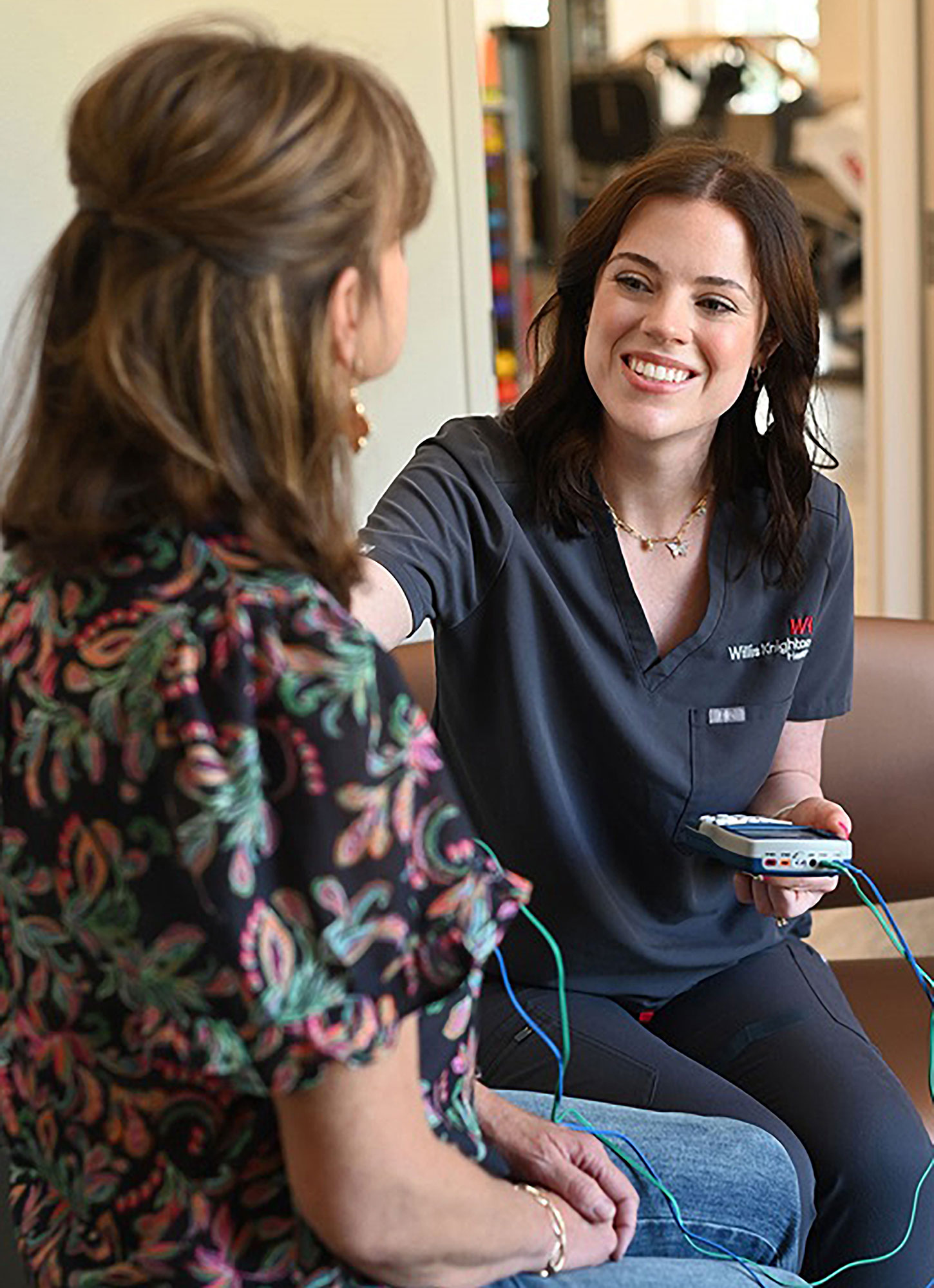Geriatrics
- Caring for Older Adults
- Cognitive Testing
- Coping With Your Emotions After a Heart Attack
- Coping With Your Emotions After a Stroke
- Dealing With Forgetfulness
- Elder Abuse Warning Signs
- Getting Enough Calcium
- Getting Enough Fluids as You Get Older
- Hearing Loss and Dementia
- Heart Attack Warning Signs
- Heart Attack Warning Signs in Women
- Keeping Your Mind Active as You Age
- Living With Dementia
- Living With Hearing Loss
- Living With Osteoarthritis
- Living With Osteoporosis
- Living With Prostate Cancer
- Managing Your Medications
- Midurethral Sling for Female Stress Urinary Incontinence
- Mini-Stroke Warning Signs (Transient Ischemic Attack; TIA)
- Preventing Falls as You Get Older
- Reducing Your Risk for Heart Attack
- Reducing Your Risk for Stroke
- Safe Exercise During Heart Attack Recovery
- Setting Recovery Goals After a Heart Attack
- Spot the Signs of a Stroke (The F-A-S-T Method)
- Staying Active as You Get Older
- Stroke Warning Signs
- Talking to Your Doctor About Grief
- The Benefits of Volunteering as a Senior










